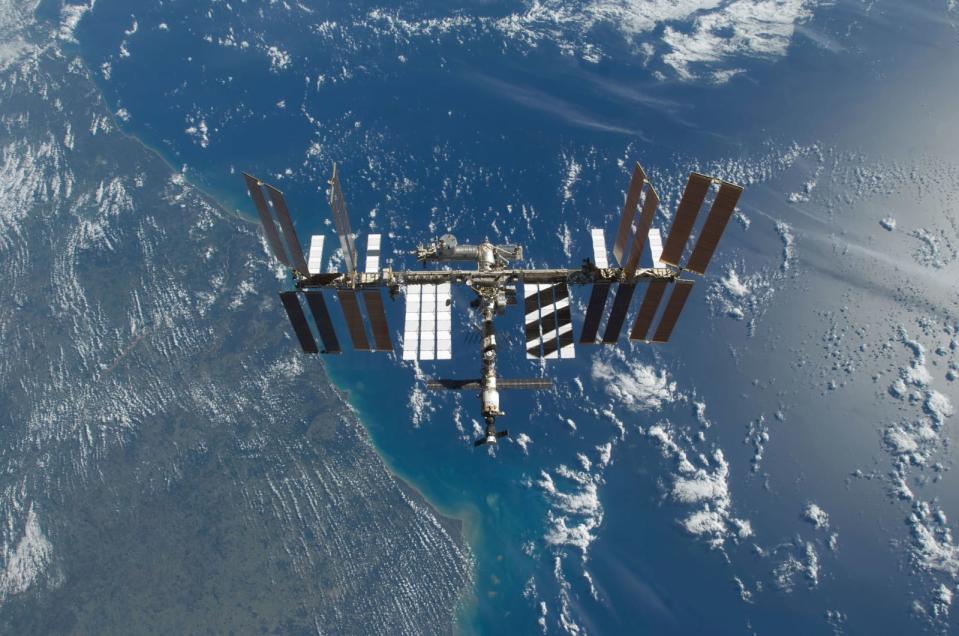The ISS is getting a ruggedized computer upgrade
It could lead to machines astronauts can bring aboard vehicles for deep space missions.

When SpaceX's rocket takes off on August 14th, it will be carrying a machine that could make things a lot easier for future astronauts embarking on deep space missions. That machine is the Spaceborne Computer, a high performance commercial off-the-shelf computer system running Linux that NASA and Hewlett Packard Enterprise (HPE) "ruggedized" for use in outer space. It will stay aboard the space station for a year, so the two organizations can find out whether it's tough enough to operate seamlessly amidst the harsh conditions computers are bound to encounter on their way to Mars and farther locations.
These days, computers on Earth still perform most of the calculations needed by spacecraft in orbit. It's still easy enough for astronauts or autonomous probes to beam back info to the ground and get the results back in near real time. However, the farther we go, the bigger the communication lag is, which could be disastrous for manned missions. For instance, it could take up to 20 minutes to beam data back to Earth from Mars and another 20 minutes to get the results.

A powerful onboard computer that can withstand radiation, solar flares, unstable power supply, extreme temperatures and other conditions could solve that issue. To make a machine like that, you'd typically have to use rugged equipment, but that would bulk up the computer too much and would cost a lot of money. Instead of tweaking the computer's hardware, HPE developed software to toughen up the off-the-shelf machine -- the company didn't ruggedize it with additional hardware components at all. This software powers down the computer when it detects radiation and other anomalies to mitigate environmentally induced errors.
HPE said in a statement:
"The Spaceborne Computer experiment will not only show us what needs to be done to advance computing in space, it will also spark discoveries for how to improve high performance computing (HPC) on Earth and potentially have a ripple effect in other areas of technology innovation."
If Spaceborne's year-long trial turns out to be a success, HPE and NASA plan to send other advanced computing systems to the ISS. The partners might have a few more years to test any technology they want anyway, since the first manned mission to Mars most likely won't happen until the 2030s.
